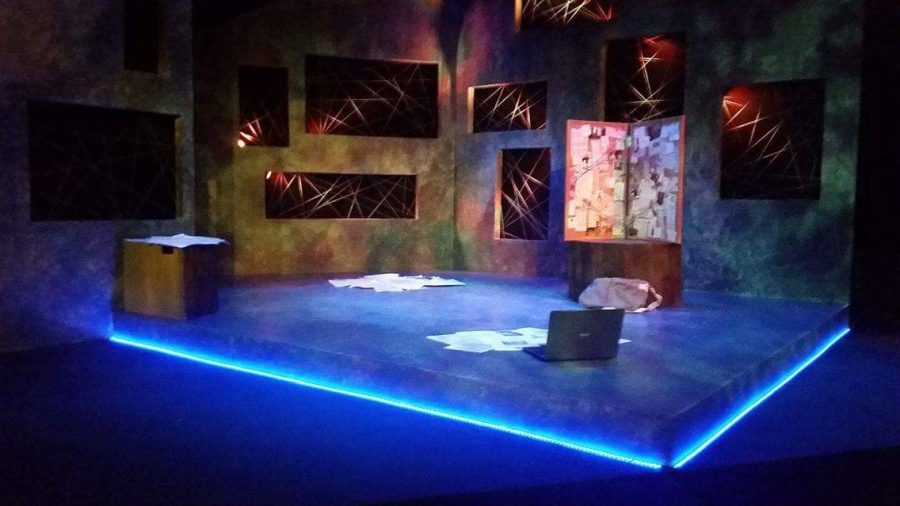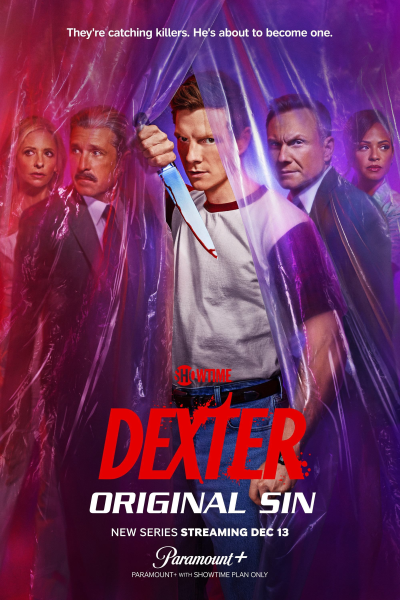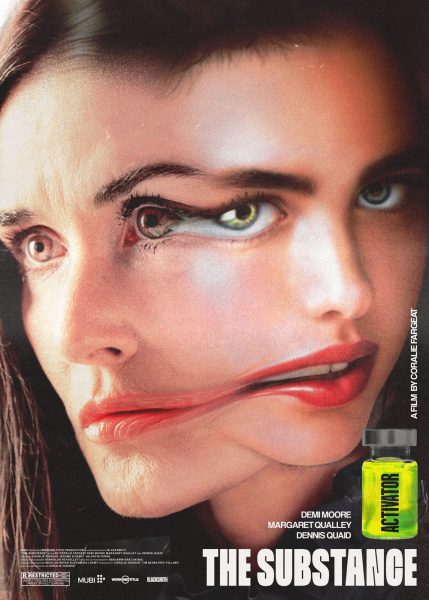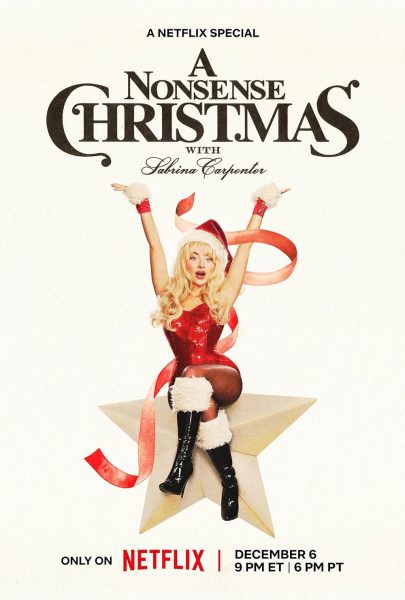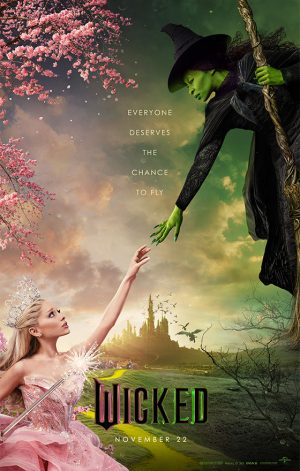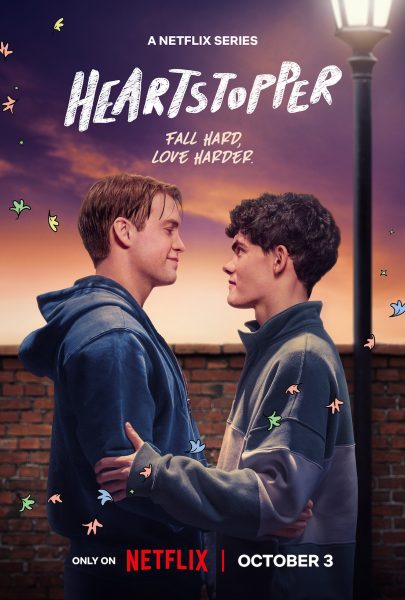From the page to the stage
Photo Courtesy of Ricardo Salgado
Stage set for Ricardo Salgado’s play, “Eye See All,” at Chicago Dramatists.
Conspiracy theories, virtual chatrooms and drug rings got the attention of professional playwrights judging for this year’s Young Playwrights Festival (YPF).
Every year the YPF considers a select number of plays written by high school students in the Chicago area to be made into a live production by Pegasus Theatre Chicago, performed at Chicago Dramatists.
This year, out of six hundred submissions, only a few were recognized from various high schools in Chicago, according to the Pegasus Theatre’s website. From Lane, this included two honorable mentions, three finalists and one winner. The winning plays are professionally produced and shown during the theatre’s main-stage season.
When students are recognized for their plays, “it means that something they created for school doesn’t just die an academic death,” said Ms. Meacham, Drama I and Creative Writing I teacher. “It lives beyond the walls of a classroom and I think that that take home value is fantastic.”
Drama I and Creative Writing I and II require students to write and submit plays for the YPF. Most students have no experience with playwriting prior to taking these classes.
Ms. Hanson, Drama I teacher, helped guide her students in writing and submitting a play for the YPF.
“What’s really fun is to see their ideas come to life on the page,” Hanson said. “For many of them, this is a really challenging assignment and they come out with great ideas — some things I would never even think about.”
On being a finalist, Liliana Tirado, Div. 873, said, “I feel like it was a sense of pride that I could do something that I hadn’t done before, and do it well.”
Meacham said she guided students on playwriting by helping them understand that playwriting is still very much a living art. She also taught them mini lessons on monologues, very long speeches, soliloquies, improvised exercises and staging.
“Students get to understand the limits and the gifts of having a stage which is very different from film, where you can go on locations and snap, you’re there,” Meacham said. “Theatre requires set changes, which take time.”
Ricardo Salgado, Div. 769, was one of four winners of the YPF and had the opportunity to have his play showcased by Pegasus Theatre Chicago in January. The news was a complete shock to him.
“It meant everything, I was so excited,” Salgado said. “I wrote something and someone said, ‘Hey we liked this. Let’s put a lot of time, a lot of effort, a lot of money into making this happen.’”
Salgado’s play tells the story of Jessica, an obsessed conspiracy theorist, who takes a journey with her brother to uncover a secret society she believes controls the world, according to the Pegasus Theatre’s website.
On his “goofy comedy,” Salgado said, “Take all the insane conspiracy theories that are floating around the internet but have the punchline be like, ‘They were all true the whole time! The illuminati is real!’”
However, Salgado said the process of writing the play was grueling.
“Originally, I had a whole other play,” Salgado said. “I threw it away and I wrote a whole new one and that was what ended up winning.”
Eve Doyle, YPF finalist, Div. 873, said the most difficult part was checking for grammar mistakes and creating lives for her characters.
“Making sure things fit and creating characters’ lives is always a little difficult because you don’t wanna seem like you’re just writing words for someone to speak,” Doyle said.
Nonetheless, she found the writing process fun, which made the overall experience easier.
New this year, the YPF offered The Immersion Workshop in the summer for students who reached the third round of the competition.
Ilesa Duncan, Producing Art Director at Pegasus Theatre Chicago said, “Its purpose is to provide another level of engagement with the students beyond the classroom and to get a better sense of which students have the highest interest in writing.”
Many of the students found the workshop very helpful and took advantage of the opportunity to improve their plays.
“I did not keep a single scene from my first draft, so the second time around I put a lot more thought in it because I obviously had a surplus of time,” Tirado said.
Furthermore, Salgado said he was able to bounce ideas off of others in the workshop and review his play to identify what he could change in order to enhance his story.
Some students with an interest in acting were also able to have the experience of delving into another side of theatre by writing their own plays. Many found they have a better understanding and consideration for the work that goes into acting and writing plays.
“I’ve been on both ends,” Salgado said. “I’ve acted and I’ve written so now I know what an actor has to go through and what has to go into the script to make sure it comes out good, coming out of the actor’s mouth.”
For Marissa Olavarria, YPF finalist and now a Lane Tech alum, playwriting changed her perception of theatre.
“I am an actor and I am usually the person on stage playing the character so it was fun to be the person creating the character,” Olavarria said. “Writing this play has helped me as an actor and has given me a deeper appreciation for theatre.”
Some of the students who wrote plays for the YPF have an interest in writing more plays in the future and improving their skills.
The YPF has provided a platform for students to see their ideas come to life on stage.
“Seeing live theatre can have a visceral effect on the audience because you are watching people right in front of you go through the struggles that [students] set up and to have the victories and the defeats that they set up,” Meacham said. “I think it’s important for students to have stages where their voices and their views can be heard.”
Your donations directly fund the Lane Tech student journalism program—covering essential costs like website hosting and technology not supported by our school or district. Your generosity empowers our student reporters to investigate, write, and publish impactful stories that matter to our school community.
This website is more than a publishing platform—it's an archive, a research tool, and a source of truth. Every dollar helps us preserve and grow this resource so future students can learn from and build on the work being done today.
Thank you for supporting the next generation of journalists at Lane Tech College Prep!
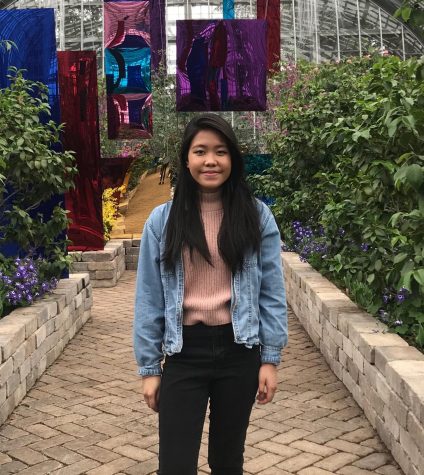
Eunice Alpasan was born in the Philippines and moved to the U.S. when she was three years old. She enjoys listening to music and watching movies. Eunice...

